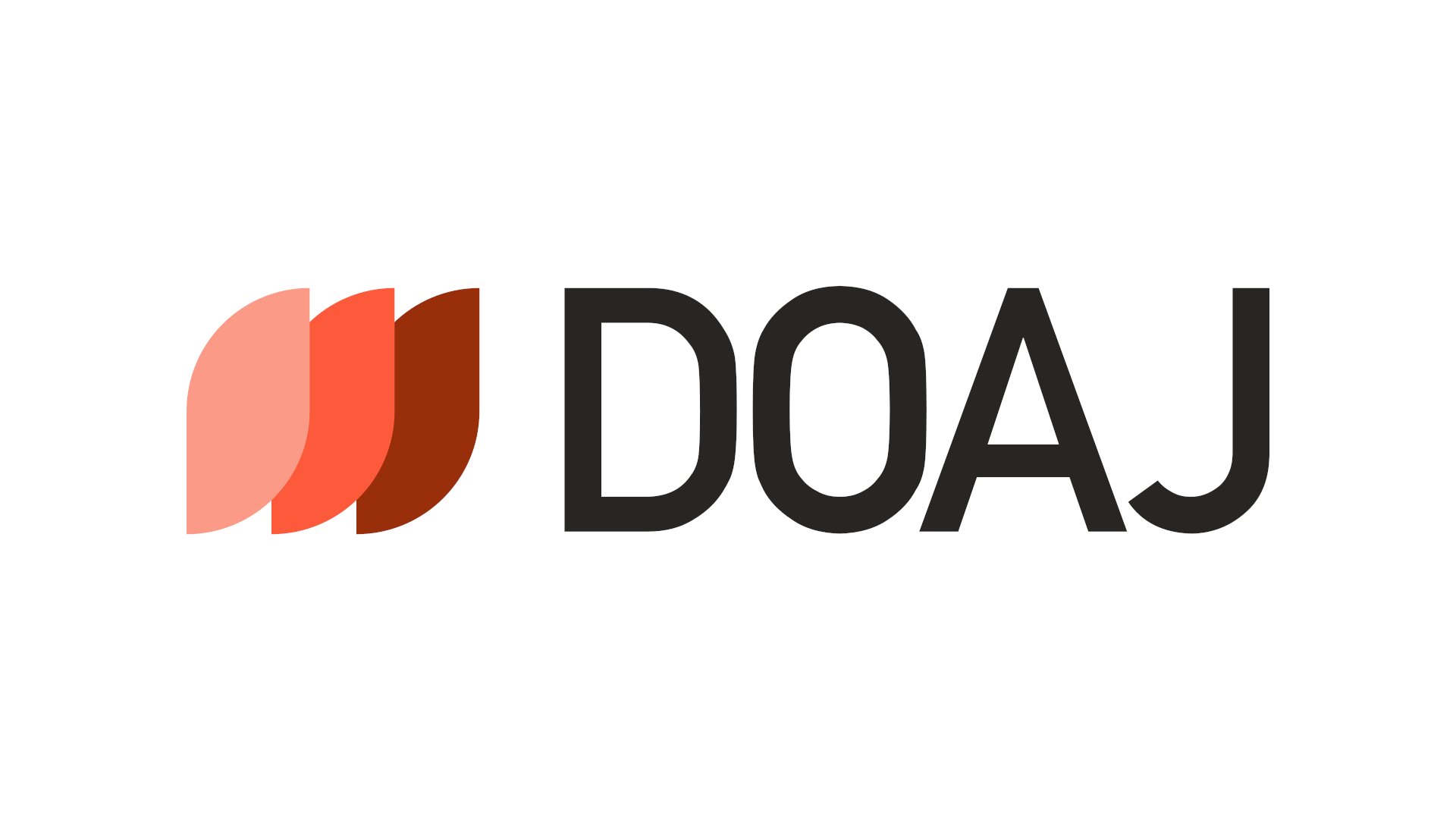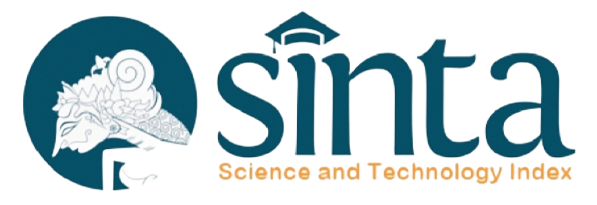Predictive Analytics for Water Safety: Data Mining and Supervised Learning in Potability Classification
DOI:
https://doi.org/10.33022/ijcs.v13i4.3884Abstract
Water is crucial for survival, especially for consumption, yet its quality is under threat due to human-caused pollution. Contaminated water poses serious health risks, including the transfer of diseases transmitted by water. Therefore, assessing water quality is critical for ensuring its safety for consumption. Data mining and supervised machine learning algorithms can help classify water potability, revealing hidden patterns and correlations between water parameters. This study evaluates the effectiveness of K-Nearest Neighbors (KNN), Naïve Bayes, Support Vector Machine (SVM), and Neural Network methods in categorizing a water quality dataset. The evaluation is aimed at selecting the most accurate procedure, as indicated by the highest accuracy rate. Results show that Neural Network exceeds KNN (81%), Naïve Bayes (63%), and SVM (73%), with a 85% accuracy rate.
Keywords : Classification, Data Mining, Supervised Machine Learning, Water Potability
Downloads
Published
Issue
Section
License
Copyright (c) 2024 Nanda Aulia Sofiah, Fanny Olivia, Muhammad Ihsan Jambak

This work is licensed under a Creative Commons Attribution-ShareAlike 4.0 International License.





